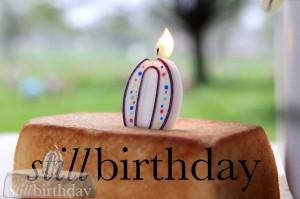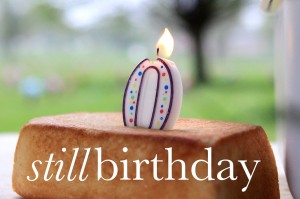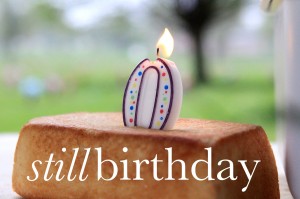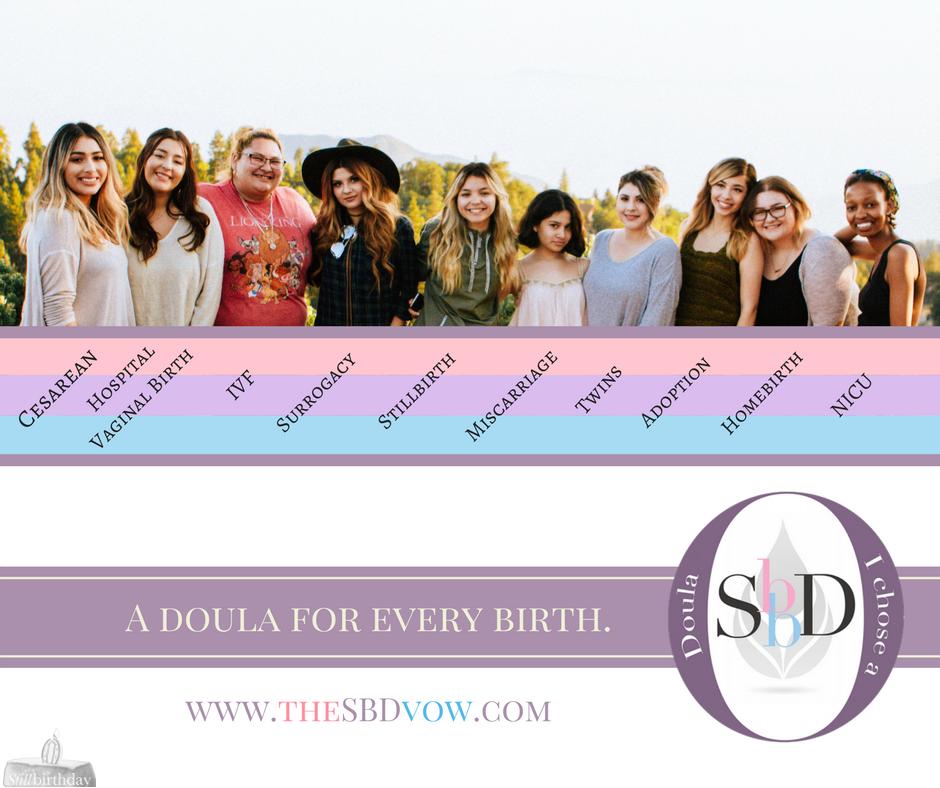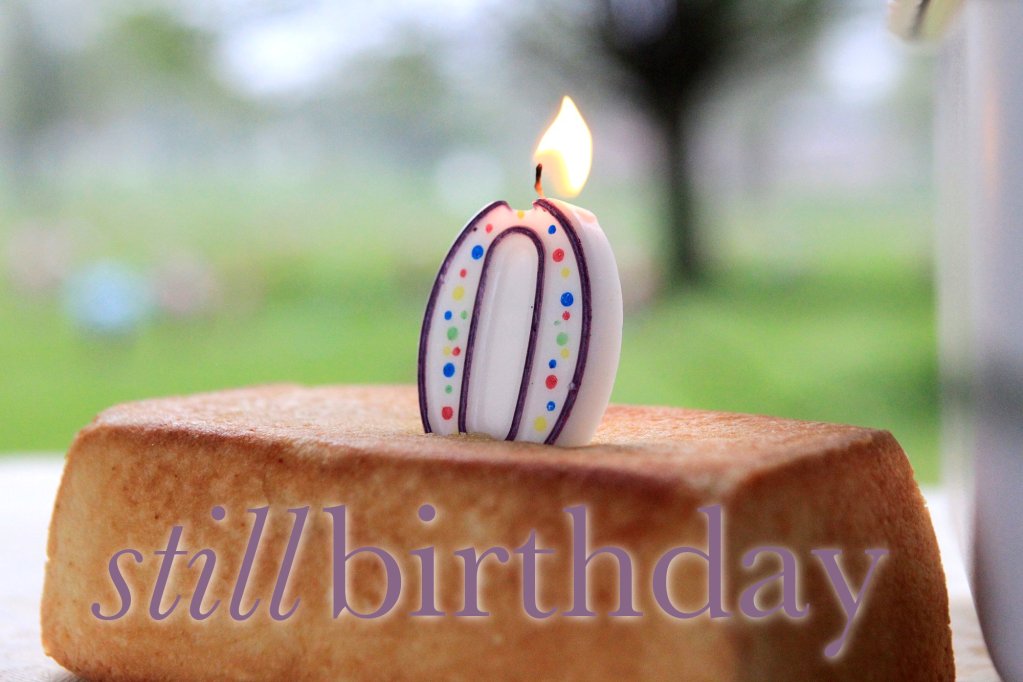I want to see the world through rose colored glasses.
I want families to see two pink lines, and then nine months later see a pink-cheeked, warm and rosy baby.
I want to see pink ribbons at the grocery store, on clothing, at the football game, and I want to tell Susan that she’s doing a fantastic job of making a serious health concern so respected in our culture that it’s become, well, trendy.
I want to see pink ribbons and consider wearing one, because I haven’t personally been impacted by breast cancer, nor has anyone that I love. I want to support breast cancer awareness because I haven’t been hurt by it.
I want to wear pink because I wouldn’t feel looked at, I wouldn’t feel like some kind of a crazy trailblazer, with scrapes and pricks pushing through my skin as I try to move past painful barberry of judgment and brambles of other people’s expectations.
I don’t want to think of the bitter irony that when a woman’s body is invaded by breast cancer, so many aspects of herself are challenged – including her sexual body and subsequently her nurturing body for her infants.
I don’t want to make the correlation that stillborn babies, that miscarried babies, that babies who aren’t alive, aren’t breastfed. That breastfeeding them would lower their chances of breast cancer, and their need for a pink ribbon.
Yes, you see, I just would rather see pink.
But one in four mothers see more than pink. We see red, when red shouldn’t be there.
Then, we see blue.
And that blue means so many things to each of us:
- lifelessness
- hopes deferred
- era of effort ended
- emotional and spiritual deepness, darkness
- sadness
- grief
October is Breast Cancer Awareness month, and in its honor is the pink ribbon.
October is also Pregnancy and Infant Loss Awareness month. Mothers are impacted by pregnancy and infant loss, to be sure. But fathers too, are equally impacted by pregnancy and infant loss – they are equally parents.
While the pink ribbon is gently intertwined with a blue ribbon to represent the boys and girls who’ve lived but who died through miscarriage, stillbirth and infant death, it too represents the gentle intertwining of both mothers and fathers, facing the craziest, scariest loop of their entire lives, but who determine to stay attached right in the thick of it, and who come out the other side, still connected.
This morning, as I write this in fact, I help lower the chances of my daughter being impacted by breast cancer, by breastfeeding her. But as she finishes her breakfast and I pull my shirt down, it is not a pink ribbon you’ll find me wearing.
My pink ribbon is lined with blue, in memory of my fourth child, my fourth son, who was alive, who died, and who was born through miscarriage. My pink ribbon is lined with blue, in honor of my husband, who walks this crazy, scary journey with me. My pink ribbon is lined with blue, because a miscarried baby is born every minute, and because an American baby is born still every twenty minutes. My pink ribbon is lined with blue, because I saw red when I shouldn’t have. My pink ribbon is lined with blue because this journey has been painful, hurtful, and the deepest, darkest experience I’ve ever had in my entire life. My pink ribbon is lined with blue, because as I look up at the expanse of the open, blue sky, I have an assurance that my baby matters. That my story matters. That I matter. And that I am not alone.


